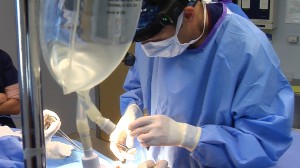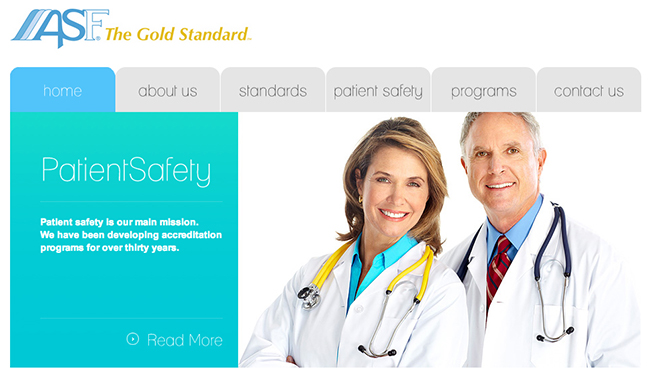
 The Manhattan clinic that treated the 81-year-old comedian Joan Rivers before her death made a number of serious mistakes, according to recent news reports. The clinic failed to identify deteriorating vital signs, and didn’t provide a timely intervention. Rivers died September 4, a week after an appointment at Manhattan’s Yorkville Endoscopy clinic.
The Manhattan clinic that treated the 81-year-old comedian Joan Rivers before her death made a number of serious mistakes, according to recent news reports. The clinic failed to identify deteriorating vital signs, and didn’t provide a timely intervention. Rivers died September 4, a week after an appointment at Manhattan’s Yorkville Endoscopy clinic.
This is sad reminder that patients need to take control of their own safety before entering into any procedure at a hospital or health clinic. The Plastic Surgery Channel talked to Dr. Geoffrey Keyes, a Los Angeles board certified plastic surgeon and president of the American Association for the Accreditation of Ambulatory Surgery Facilities (AAAASF), about what patient’s need to know.
By Carolynn Grimes
The Plastic Surgery Channel
 Patients Need to Take All Medical Procedures Seriously
Patients Need to Take All Medical Procedures Seriously
“Surgery is serious business,” says Dr. Keyes. “People think because they’re having elective or ‘routine’ surgery that it isn’t as serious, but it is. Patients really need to know what to look for when evaluating a safe facility and make sure they find a board certified surgeon that is certified in the specialty for which the patient is seeking care.”
According to news reports, the health department investigation of the Manhattan facility, determined that the clinic failed “to ensure that patient care services are provided in a manner that protects the health and safety of all patients.” It also found that the clinic failed to have a process in place to ensure that only authorized personnel were permitted in the procedure room and that only credentialed physicians can perform procedures.
Ask the Right Questions – Avoid Severe Consequences
- Is the facility accredited?
- Is your doctor board certified in the field he or she is practicing?
A variety of associations accredit and individual states license facilities to ensure that standards are followed in the provision of care. The American Association for Accreditation of Ambulatory Surgery Facilities, or AAAASF is one association that has been inspecting and accrediting facilities for over 30 years. Patients can go on the web and look up ‘outpatient surgery accrediting association’ to see if their chosen facility is in fact accredited. But is this alone enough? Dr. Keyes says no. “Board certification is also an important credential to look for when evaluating your surgeon. Having a procedure performed in a licensed or accredited facility by a board certified surgeon is an excellent starting point to assure safe surgical care .”

Nothing is more important than your own safety, says Dr. Keyes. “Not price, not convenience and not the speed of having a procedure done. Surgery is surgery, whether it be an outpatient procedure or not. Complications can and do happen, so patients must be confident that they are in capable hands.” What many patients don’t realize is that physical well-being and overall health are components to be considered in avoidance of complications with surgery. Not all complications arise as the result of a mistake. Some untoward events may occur because of genetic background, such as in the case of malignant hyperthermia, an extreme fever during surgery, and pulmonary embolism, a blood clot to the lung, that are exposed as the result of the procedure,” says Dr. Keyes.
Bottom line— research the background of the surgeon and where you’re having surgery. If you don’t take these basic precautions, you could be asking for a potential lifetime of misery.














Facebook
Twitter
Instagram
YouTube
RSS